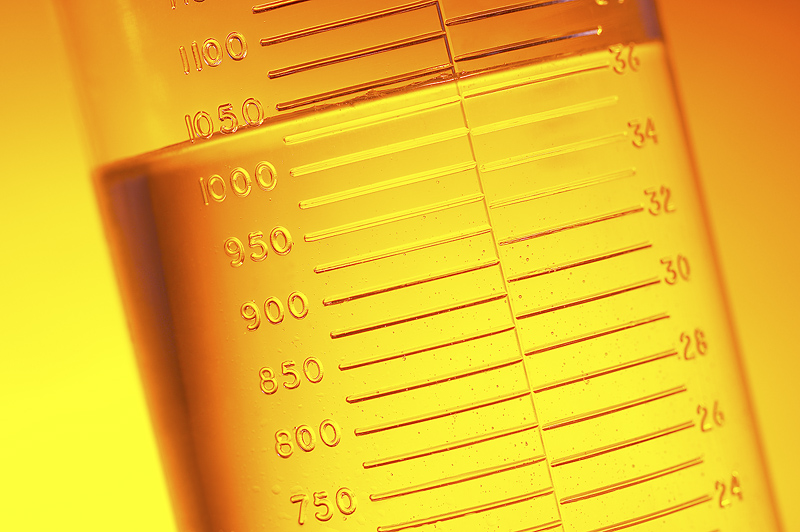
MONDAY, Oct. 25 (HealthDay News) — Why is it that two people can be equally sleep-deprived, and yet the next day one person ends up feeling more tired and listless than the other?
The answer could be in their genes, a new study suggests.
Researchers at the University of Pennsylvania School of Medicine found that healthy individuals who test positive for a common gene variant are sleepier and more fatigued after being sleep-deprived than people who don’t. The variant is related to narcolepsy, which causes excess daytime sleepiness, but previous studies have shown that up to one-third of people who test positive for the gene are considered normal, healthy sleepers.
“This particular gene, which is carried by roughly 30 percent of the population, may be a biomarker for predicting how someone will respond to getting too little sleep,” said study author Namni Goel, an assistant professor of psychology and psychiatry at the University of Pennsylvania School of Medicine in Philadelphia.
“This study provides hard evidence that genes can play a key role in determining how we respond to sleep deprivation,” said Dr. Jeffrey Ellenbogen, chief of sleep medicine at Massachusetts General Hospital. “Keep in mind that the kind of sleep deprivation examined in this study, so-called ‘partial sleep deprivation,’ is not just a lab technique, it’s something that happens to millions of people, for a variety of reasons,” he added. “And this genetic marker is common. So we’re talking about a lot of people that this study potentially describes.”
For the study, which was published in the Oct. 26 issue of Neurology, Goel and her colleagues studied 92 healthy adults without the gene variant and 37 healthy adults who had the gene variant but did not have any sleep disorders. For the first two nights, they spent 10 hours in bed and were fully rested. The next five nights they underwent chronic partial sleep deprivation, where they were allowed four hours in bed per night. During the remaining time, lights were kept on and participants could read, play games or watch movies to help them stay awake.
During the study, the researchers measured the participants’ sleep quality and self-rated sleepiness, and also tested their memory, attention and ability to resist sleep during the daytime. The people with the gene variant were sleepier and more fatigued whether they were fully rested or sleep-deprived, and their sleep was more fragmented. For example, during the fifth night of sleep deprivation, those with the gene variant woke up, on average, almost four times, while those without the variant woke up, on average, twice.
The people with the gene variant had a lower desire to sleep during the fully rested nights. And they also spent less time in deep sleep than those without the variant, during both the fully rested and sleep-deprived nights, the investigators found.
There was no difference in how the two groups performed on tests of memory and attention after being sleep-deprived, and there was also no difference in their ability to resist sleep during the daytime. One possible explanation for these particular findings is that “there might be different genetic variants that regulate physiological responses to sleep deprivation versus how people are able to perform,” Goel said.
“Sometimes, people rate themselves as feeling fine and yet their performance is terrible, or vice versa,” Goel explained. She added that more studies are needed to replicate these findings in other populations, as well as to identify other possible biomarkers that can explain why some people seem to be particularly resistant to the ravages of sleep deprivation.
The authors of an editorial accompanying the study said the findings “are particularly important in individuals involved in shift work and transcontinental travel,” and noted that they hoped the research would lead to new treatments to minimize or eliminate the effects in people who respond poorly to sleep deprivation.
“There’s always a tendency for people to make judgments about someone who sleeps until noon, and say they’re lazy or something,” said editorial co-author Dr. Amit Verma, medical director of The Methodist Hospital’s Sleep Disorders Center in Houston. “But what this study highlights is that if you’re sleepier than your friend or your spouse after being sleep-deprived, there may actually be a genetic reason.”
More information
For more on sleep disorders, visit the U.S. National Library of Medicine.

